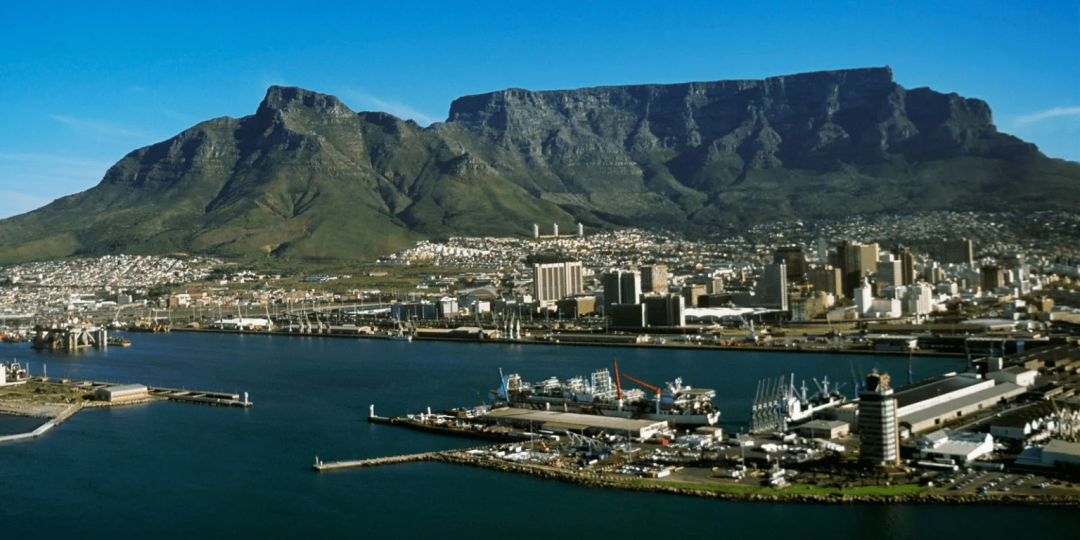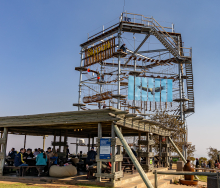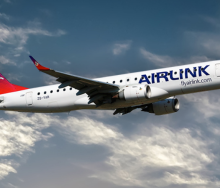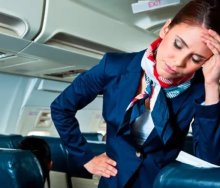No African city has ever hosted an Olympic Games. And while some believe that Cape Town has what it takes to host, the City itself has refused to confirm any Olympic aspirations.
Cape Town last bid to host the 2004 games, ultimately losing out to Athens. Following the Paris Olympics, Egypt has announced its intention to bid to host either the 2036 or 2040 Olympics. According to Reuters reports, Mustapha Berraf, Head of the Association of National Olympic Committees of Africa, added that Cape Town could also be considering candidacy but did not confirm which games the city may bid for.
Think Tank Cape Town 2040, which is exploring the potential of Cape Town to host the 2040 Summer games, claims that the city already has much of the key sporting infrastructure required to host.
The group’s study found that 84-85% of required venues either currently exist, or could be temporarily created. Most of these are located in Cape Town’s metro area, Stellenbosch and Paarl.
Development needs would be substantial upgrades to swimming pools to meet World Aquatics standards, more stadiums (there is a lack) and the need for Cape Town and the Western Cape to enhance its multi-sport event hosting experience.
Architect and urban designer, Guy Briggs, who is one of the people behind Cape Town 2040 said “Bringing an Olympic Games to Cape Town could help catalyse and speed up the city’s spatial restructuring and regeneration, especially if we make the best use of our existing sports and other assets. No African city has hosted the Games – let's make Cape Town the first!”
Asked whether the city was planning a bid, the City of Cape Town’s media office said only: “The City of Cape Town is not in a position to confirm an Olympics bid at this stage”.
Economic and tourism impact:
The economic and tourism impact of hosting the Olympic Games would be significant, however, several experts and studies indicated that this should be weighed up against the enormous cost.
In the Paris bid to host, the French Centre for Sports Law and Economics conducted an economic impact study in 2016 which found that of the estimated €10,7 billion (R209 billion) impact of the 2024 games, about €1,4 billion (R27,4 billion) - €3,5 billion (R68,5 billion) would be tourism related.
But the Olympics does have a downside for some sectors.
It was interesting to note that the AirFrance-KLM Group said, ahead of the start of the games, that the Olympics had caused a lag in air traffic to and from the French capital, when compared with other European cities.
“International markets show a significant avoidance of Paris. Travel between the city and other destinations is also below the usual June-August average as residents in France seem to be postponing their holidays until after the Olympic Games or considering alternative plans”.
According to Olympics Organisers, Rio de Janeiro, hosts of the 2016 games, achieved “record tourism figures” in 2016. This translated into a 4,8% increase in foreign tourist arrivals that year, and a 6,2% increase in tourism revenue.
Research however shows that no host city has ever been able to host the games under budget. Rio de Janeiro’s games ran 352% over budget and Paris is estimated to have run over by 115%.














